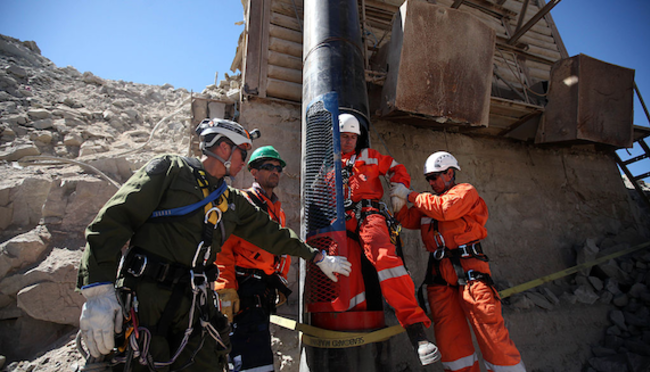
- 23 Aug 2022
- Cold Call Podcast
Management Lessons from the Sinking of the SS El Faro
Captain Michael Davidson of the container ship SS El Faro was determined to make his planned shipping trip on time—but a hurricane was approaching his intended path. To succeed, Davidson and his fellow officers had to plot a course to avoid the storm in the face of conflicting weather reports from multiple sources and differing opinions among the officers about what to do. Over the 36-hour voyage, tensions rose as the ship got closer and closer to the storm. And there were other factors compounding the challenge. The El Faro was an old ship, about to be scrapped. Its owner, TOTE Maritime, was in the process of selecting officers to crew its new ships. Davidson and some of his officers knew the company measured a ship’s on-time arrival and factored that into performance reviews and hiring decisions. When the ship ultimately sunk on October 1, 2015, it was the deadliest American shipping disaster in decades. But who was to blame for the tragedy and what can we learn from it? Professor Joe Fuller discusses the culpability of the captain, as well as his subordinates, and what it reveals about how leaders and their teams communicate under pressure in his case, "Into the Raging Sea: Final Voyage of the SS El Faro."

- 29 Jan 2018
- Book
How 'Teaming' Saved 33 Lives in the Chilean Mining Disaster
Teams composed of people from across expertise areas can create solutions beyond what any one agency can deliver, says Amy Edmondson. Just ask several dozen Chilean workers rescued from a mine collapse. Open for comment; 0 Comments.

Do Disasters Rally Support for Climate Action? It's Complicated.
Reactions to devastating wildfires in the Amazon show the contrasting realities for people living in areas vulnerable to climate change. Research by Paula Rettl illustrates the political ramifications that arise as people weigh the economic tradeoffs of natural disasters.